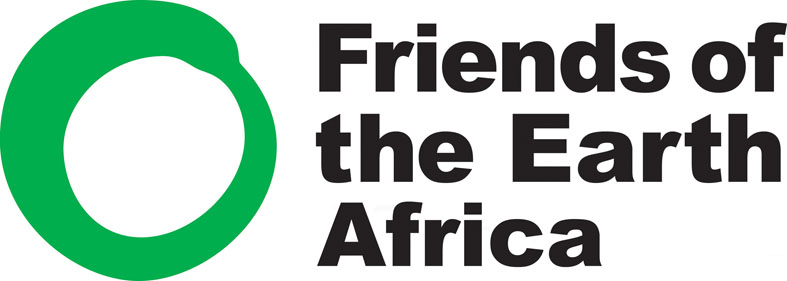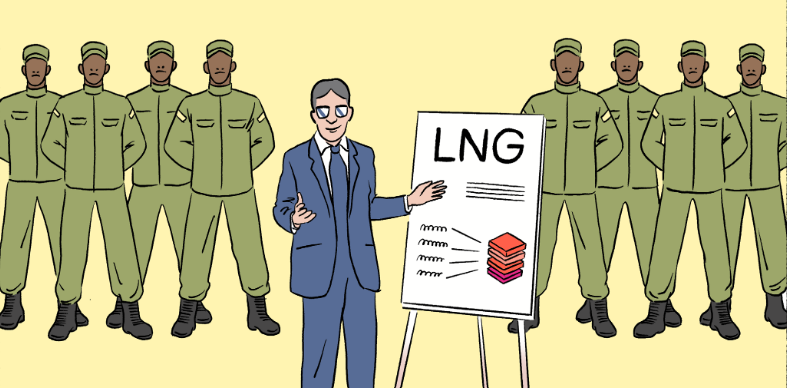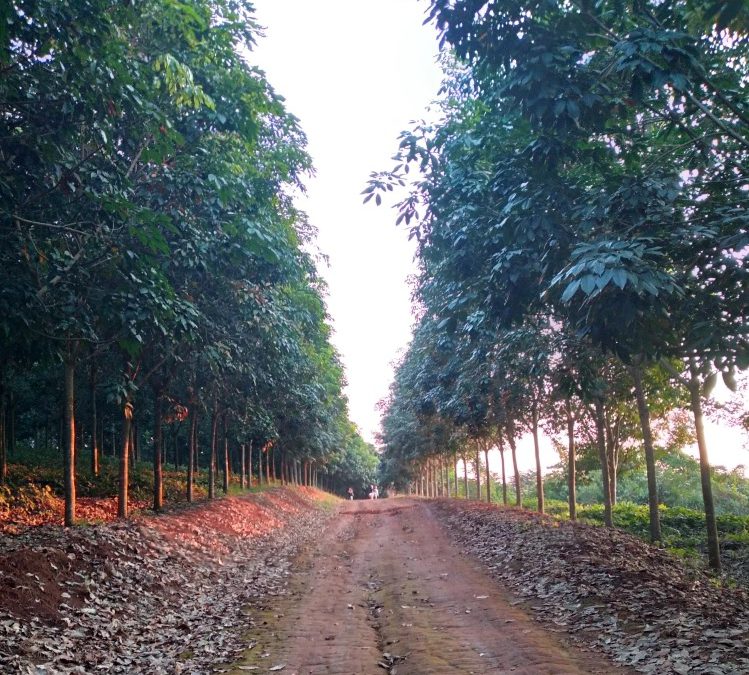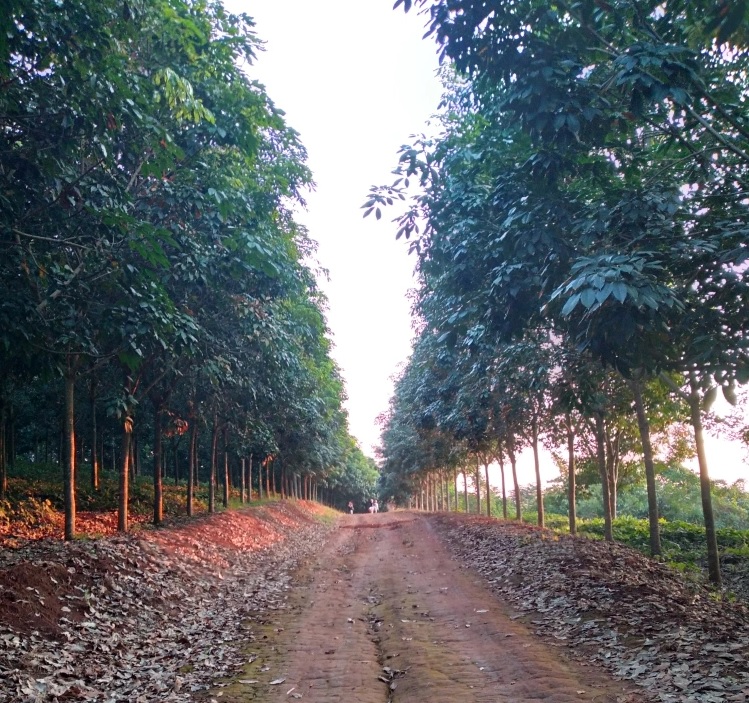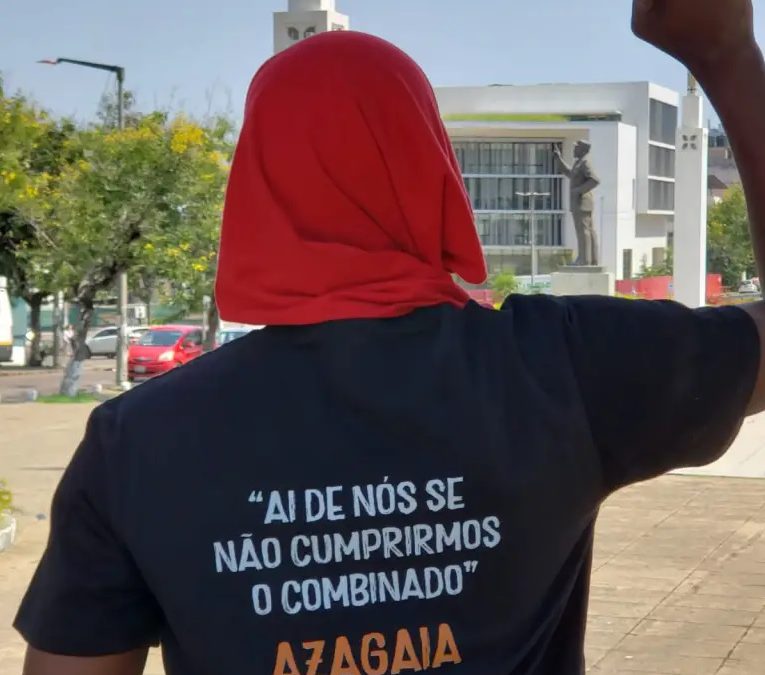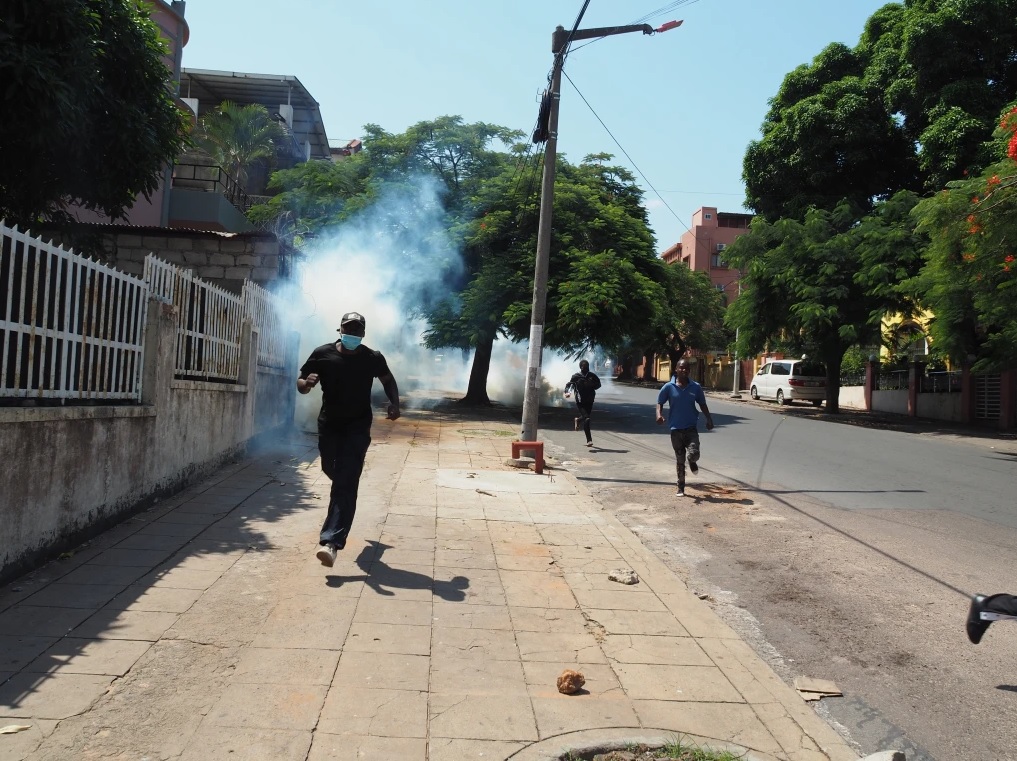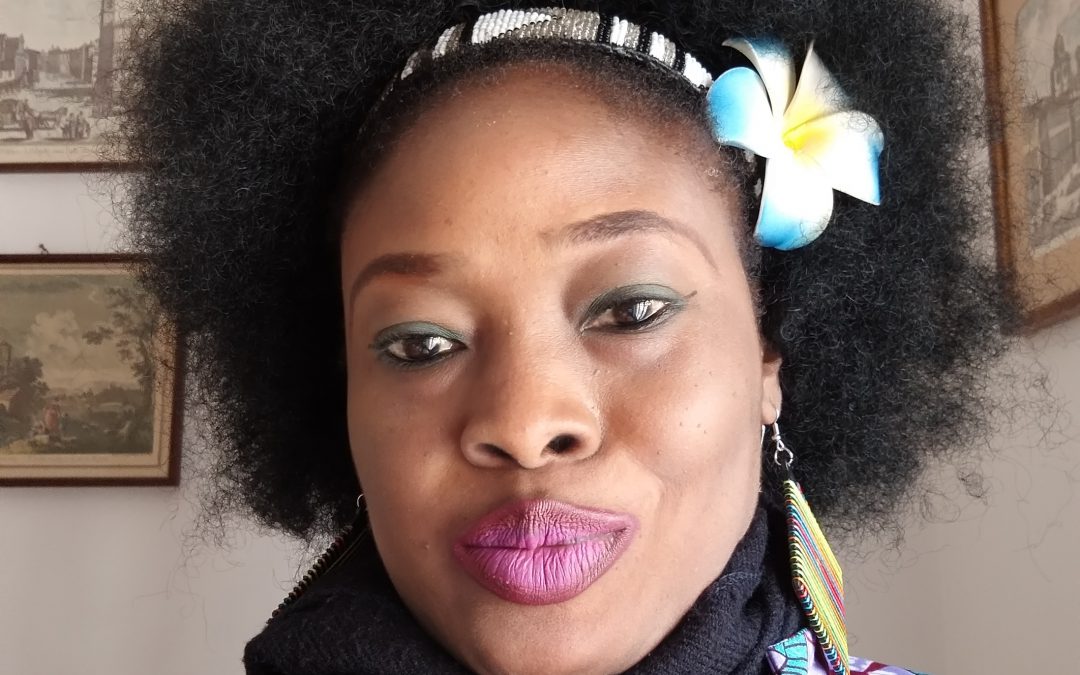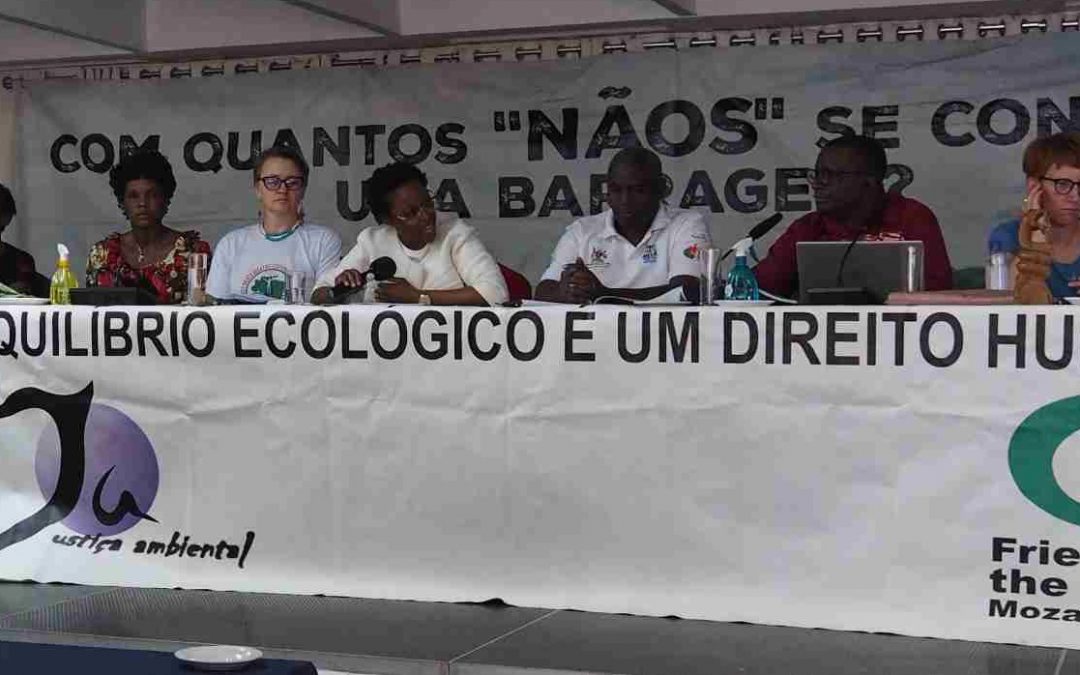
Maputo Declaration on Rivers and Dams
We, the social movements, civil society organisations, grassroots communities, lawyers, academics, experts and others, from several provinces of Mozambique and also from South Africa, Zimbabwe, Zambia, Democratic Republic of Congo, Uganda, Nigeria, Cameroon, Sri Lanka, Philippines, Brazil, Cuba, France, Ireland, Switzerland and Bosnia-Herzegovina, have met at our 4th International Conference on Rivers and Dams in Maputo, Mozambique, on 6th July 2023.
We denounce the human rights violations of dam-affected communities across the world, including past injustices which have still not been redressed. We reiterate that any struggle in defence of territories and human rights is legitimate, fair and necessary. Specifically, we denounce the intimidation and persecution of local communities by the Mphanda Nkuwa dam project proponents in Mozambique for speaking up and resisting against this project and we reaffirm our solidarity with all affected peoples.
We strongly call upon the governments, corporations, financiers and United Nations bodies to stop the construction of all dam projects on our rivers until the guidelines of the World Commission of Dams (WCD) are fully followed, and decommission all old and inefficient dams while redressing past injustices caused by these dams.
Rivers for life, not for death!
Read the full declaration in the document here
